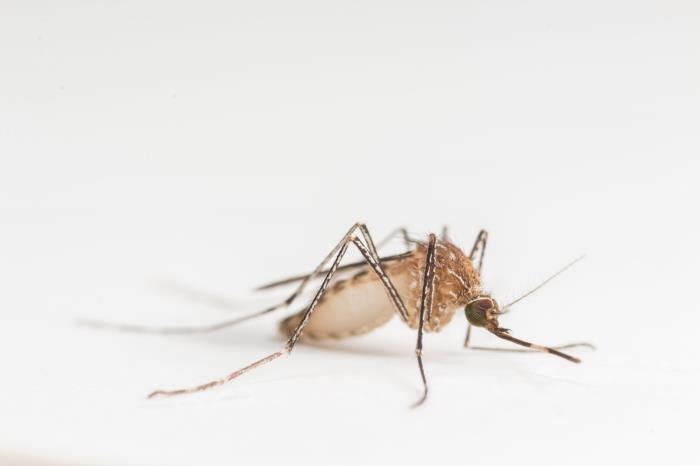Western Equine Encephalitis
Western Equine Encephalitis is a virus transmitted through the bite of an infected mosquito. The transmission cycle is between wild birds and mosquitoes - primarily Culex tarsalis. A mosquito will bite a bird infected with Western Equine Encephalitis and become infected. While looking for another blood meal, an infected mosquito can infect an uninfected bird, horse, or human. In past outbreaks, this disease has caused severe illness and death in horses.

Western Equine Encephalitis is seasonal; it is more likely to occur in the late spring and early summer. Western Equine Encephalitis is sometimes detected in mosquito pools and sentinel chickens in Southern California but has not been found in San Mateo County recently. To see where Western Equine Encephalitis has been detected since 2003, visit HERE.
Signs and symptoms of Western Equine Encephalitis are:
- No Symptoms: Most of those infected with Western Equine Encephalitis will have no symptoms or signs and never feel sick
- Mild Symptoms: Most of those who do have symptoms or signs will have a fever and headaches
- Severe Symptoms: Few of those infected have the severe symptoms, the old and the young. These include high fever, stiff neck, vomiting, lethargy, disorientation, seizures, and possible death
There is no vaccine for people, but there is a vaccine for horses. If you own a horse, learn more HERE and speak with your veterinarian about whether a vaccine is appropriate for your horse.
Page last reviewed: December 28, 2023
